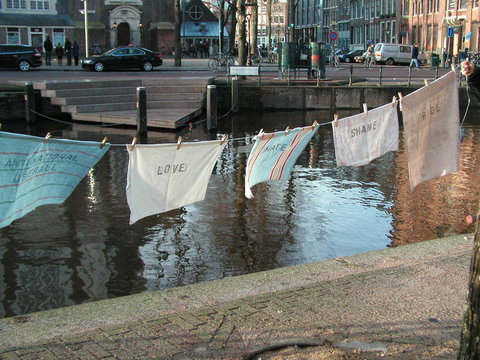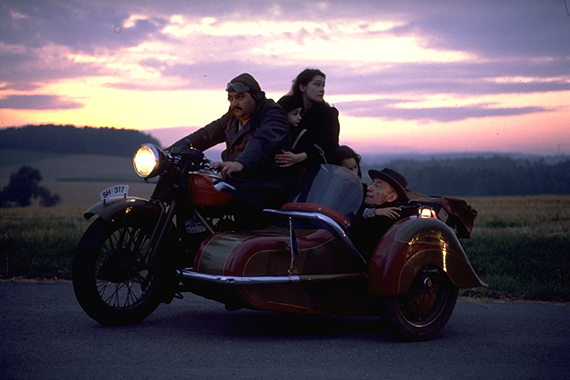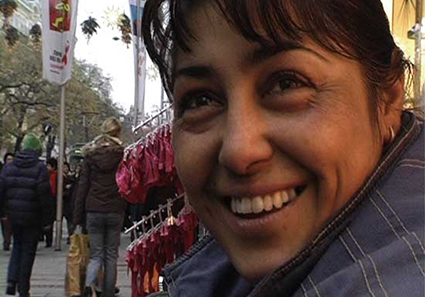Program 6 / Friday 17.5.2013, 19:00, Shedhalle
Violence in the sound of Wagner – A valkyries ride through 98 years of film history (1915-2013)
Video-Lecture by Drehli Robnik
This video-lecture is not about „Wagner in film“ in the sense of biography, film history or musicology, but rather within the framework of a register of „Greatest Hits“: Richard Wagners most noted musical piece that is familiar under the name „Ride of the Valkyries“ continues to ghost around in film and media cultures around the world, issued in various replicas, mutations and counter forms. The lecture will deal with this and others of Wagners „Greatest Hits“ - beats and strikes - , showing the enactment of magnitude aswell as its demontage. These „hits“ will be brought together with film-aestetical and political thought: Following the ideas of Michael Rogin, Miriam Hansen, Joseba Gabilondo, Gilles Deleuze and Jaques Ranciere, the lecture crosses the history of cinema: From the mythological hour of birth of american movies, including the apology of the Ku-Klux-Klan in D. W. Griffiths racist „The Birth of a Nation“, 1915, through the placement of the piece in various re-visions of the US war in Vietnam (My Name Is Nobody, 1973; Apocalypse Now, 1979; Forrest Gump, 1994) up to the ambivalent layout of the Siegfried-story in the process of a hero-in-the-making (Django Unchained, 2013). In between, the repetition of an old Wagner-record in the anti-nazi-resistance drama Valkyrie (2009) – and a supporting character with a toothbrush moustache delivering the line: „One cannot understand National Socialism if one does not understand Wagner.“
Drehli Robnik, film theoretician and historian; PhD at the university of Amsterdam, external lecturer in film studies at universities in Vienna and Brno 1995-2012; film critic and edutainer; FWF-research project „Political Aesthetics of Contemporary European Horror Film“; Publications: „Film ohne Grund. Filmtheorie, Postpolitik und Dissens bei Jacques Rancière“. Vienna, Berlin 2010, „Geschichtsästhetik und Affektpolitik. Stauffenberg und der 20. Juli im Film“. Vienna 2009; Ed. with Amalia Kerekes and Katalin Teller: „Film als Loch in der Wand. Kino und Geschichte bei Siegfried Kracauer“. Vienna, Berlin 2013, Ed. mit Thomas Hübel and Siegfried Mattl: „Das Streit-Bild. Film, Geschichte und Politik bei Jacques Rancière.“ Vienna, Berlin 2010.




